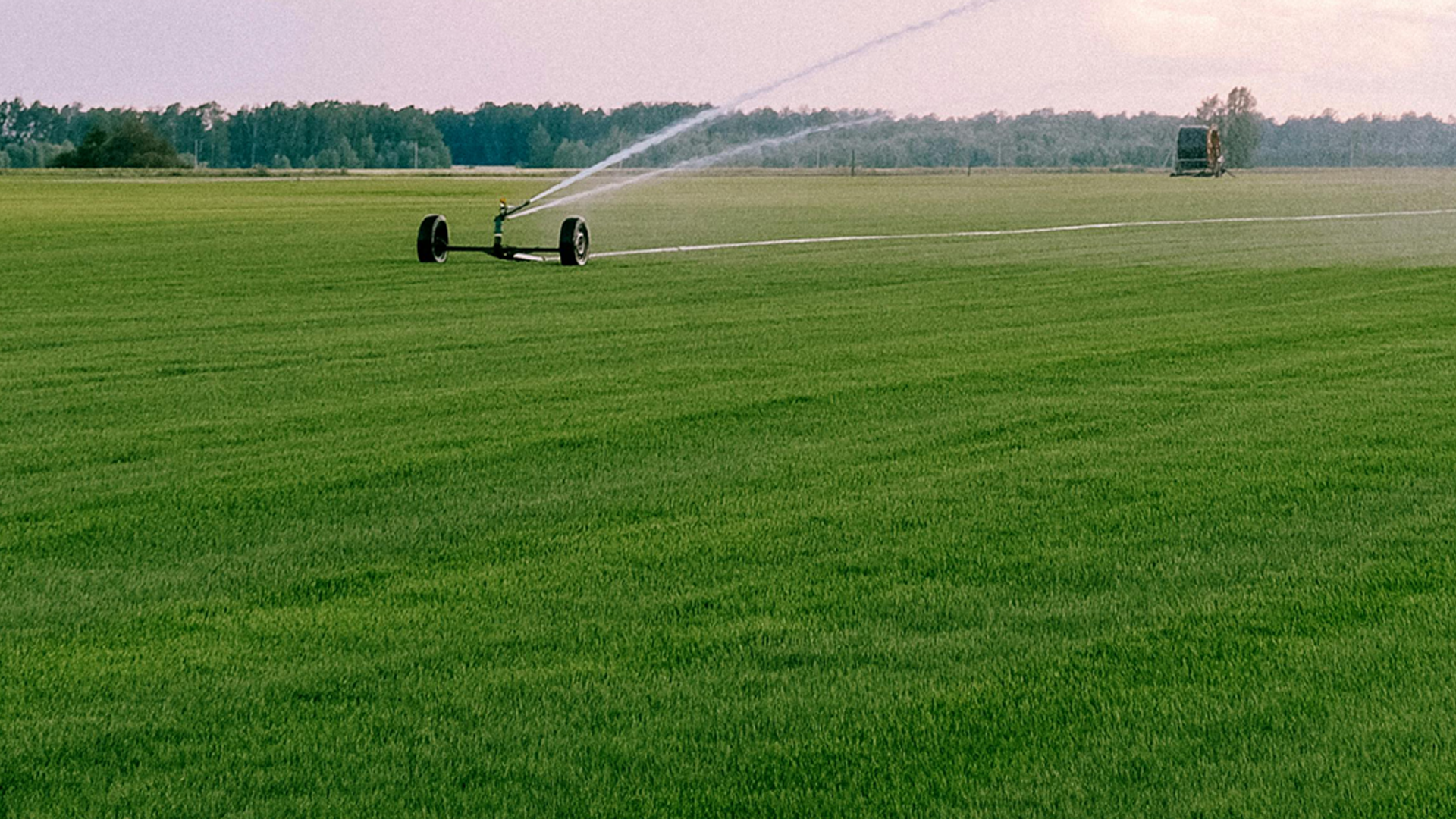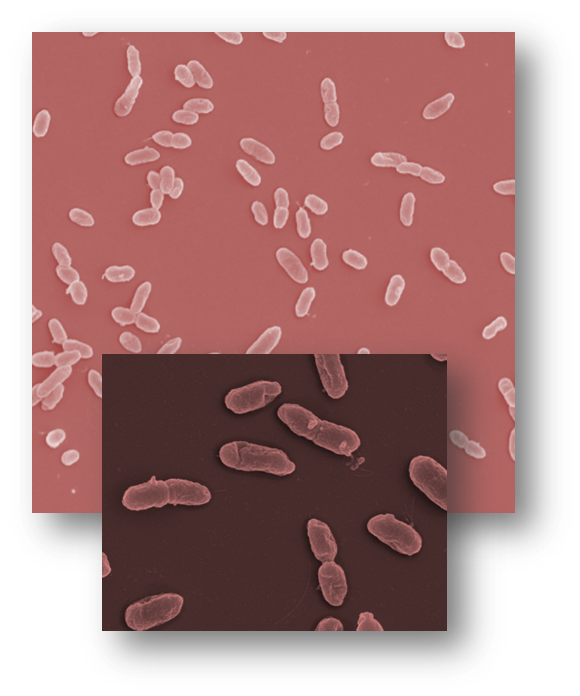
KNOW MORE

Soil minerals from silt, clay, and sand are natural reservoirs of K. Based on their availability to crops, K is often subdivided into four fractions: solution K, exchangeable K, non-exchangeable or fixed K, and mineral K (K in primary mineral structure). These forms are in dynamic equilibrium , which is controlled by the exchange properties, mineral makeup, and weathering rate of the soil. Plant roots exudate different compounds, including carbohydrates, organic acids, amino acids, phenolic compounds, enzymes, gaseous molecules (such as CO2 and H2), and inorganic ions such as HCO-3, OH–, and H+ ,which are directly or indirectly involved in K solubilization. Potash fertilizer ensures optimal plant growth, and the K+ requirement for plant growth changes with the developmental stage, crop species, and quantity of K+ available in soil. K is involved in many physiological processes that are vital to plant nutrient and water uptake. The optimal cytoplasmic concentration for enzyme activity is approximately 100–200 mmol L–1. Furthermore, K plays an important role in many fundamental physiological and metabolic processes.
Several studies have indicated that using KSBs as bio-fertilizers can reduce agrochemical consumption while improving crop production. In this regard, silicate-dissolving KSMs could free K from insoluble minerals and increase K availability from 84.8% in uninoculated soil to 127.9% in inoculated soil. Frateuria aurantia is a species of Proteobacteria, which is well known for its potash mobilizing character. Along with its potash mobilizing character it also posses other Plant Growth Promoting (PGP) activities. Frateuria aurantia was tested for its bio-control activities against select phyto-pathogens like Fusarium oxysporum- Causative of wilt in wide range of plants, Macrophomina phaseolina- Causative of seedling blight, root rot, and charcoal rot of more than 500 crops, Rhizoctonia solani- Causative of collar rot, root rot, damping off and wire stem, Alternaria spp.- Causes early blight of potato, Leaf spot disease. Frateuria aurantia
Bio-K
Potassium Solubilizing Bacteria.
Frateuria aurantia is a beneficial bacterium capable of mobilizing the elementary potassium present in the soil towards the roots of the plants, after converting it into
plant utilisable form. It works well in all types of soil especially, low potassium content soil.Potassium (K) is one of the 16 elements essential for the growth and development of animals, humans, and plants. For plants, K is the third most important nutrient after nitrogen (N) and phosphorus (P) and is the most abundant nutrient after N in photosynthetic tissues of land plants. For some plant species, such as cotton and banana, the demand for K is higher than that for N and P.
K IN SOIL
Root exudates and K availability
MAJOR FUNCTIONS OF K IN CROP PRODUCTION AND QUALITY
APPLICATION OF KSB TO CROP PRODUCTION
Biocontrol agent
PLANTAUX
MICRO-NUTRIENT

PLANTAUX
MACRONUTRIENT

PLANTAUX
SECONDARY NUTRIENT

PLANTAUX
BIO-FERTILIZERS / BIO-CONTROL AGENTS
Always read and follow label directions. . Results may vary depending on soil, climate or other conditions.
© 2024.All rights reserved. PLANTAUX.




























